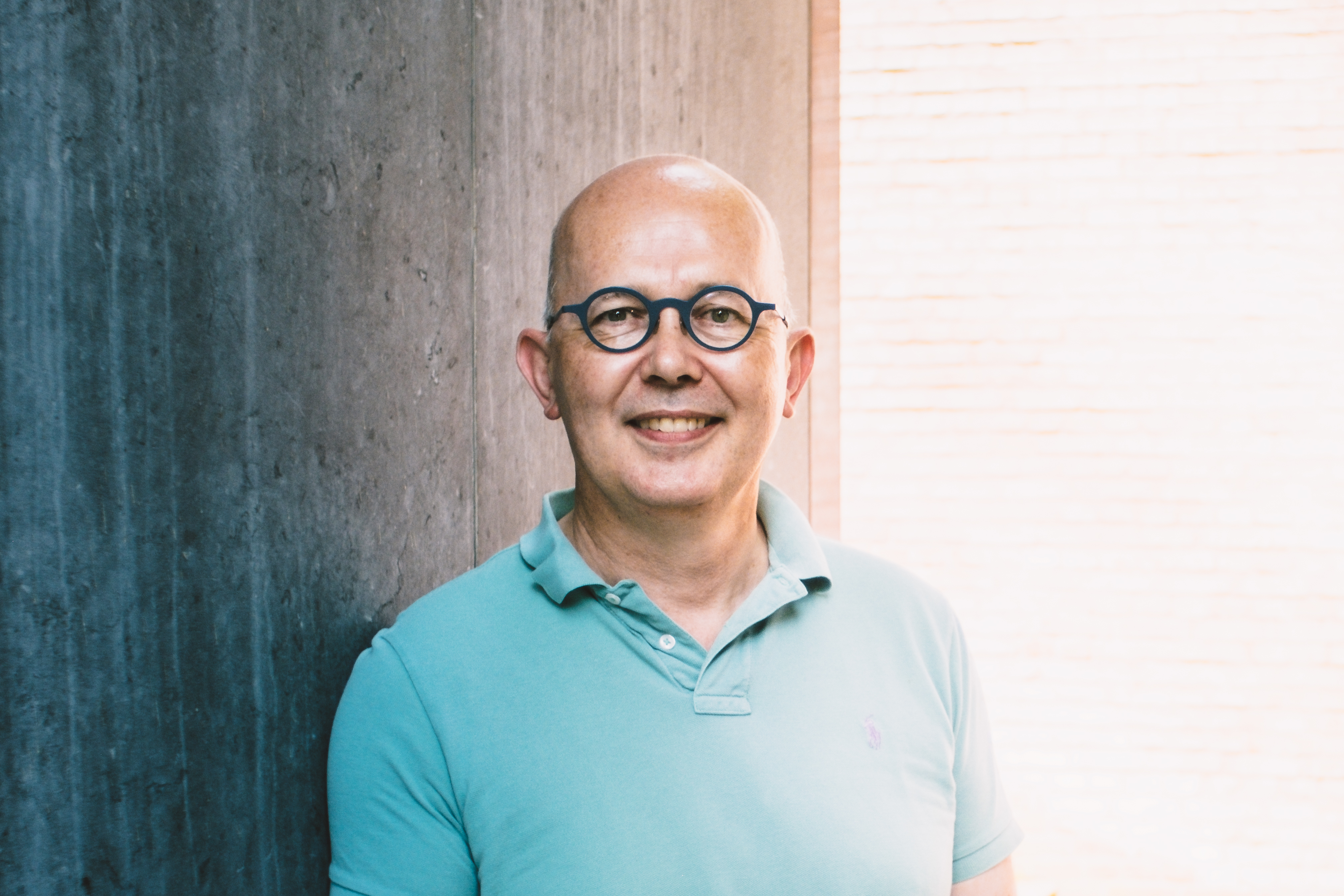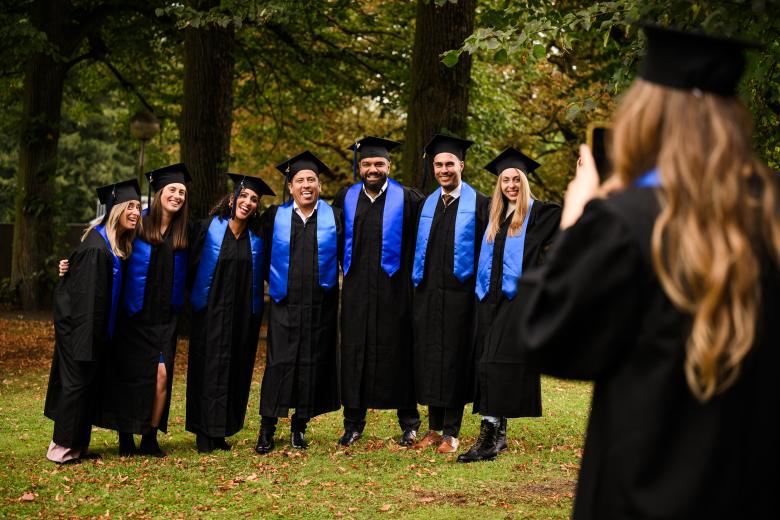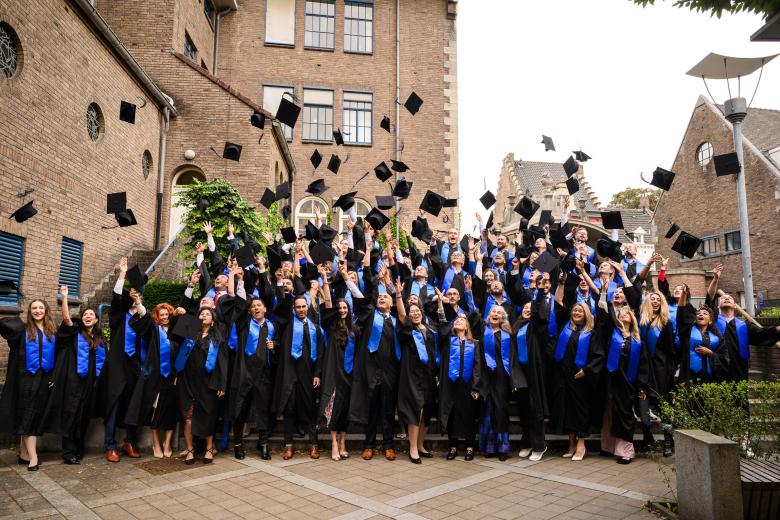UM professors contribute to the Dutch pension reforms
Over the last decade, there has been much debate surrounding the question of how academic research should benefit the wider economy and society. For the European Commission, research impact has become one of its top priorities. For instance, the European Commission has already announced that its next research and innovation plan Horizon Europe has been improved to maximise its impact, its relevance to society and its potential for breakthrough innovation.

At Maastricht University, our academics regularly carry out research that has a direct impact on society. Today, we sit down with one of these academics: Professor Antoon Pelsser who regularly contributes to the nation-wide debate surrounding pension funds in the Netherlands.
Antoon Pelsser is the perfect example of someone bridging the gap between academia and society: as a Full Professor of Finance and Actuarial Science at the School of Business and Economics (SBE), he has one foot in the more theoretical world of research while, as a financial consultant, he can also regularly apply his research to real-world situations.
Antoon’s balancing act between theory and practice began back when he started his PhD research. During this time, he started an internship at a bank. In this role, he ended up in the middle of the action, improving models that were being used right there in the dealing room. This was an exciting time and Antoon quickly saw the potential for growth. As a result, he decided to put his PhD on hold to start working full time at the bank. After several years of hands-on experience, he was ready to complete his PhD, bringing his real-world experience to his research. Since then, he has continued to mix research with more practical applications, dividing his time between his role as a Full Professor and working in different roles at financial institutions such as ABN-Amro and ING.
When asked about his experience, Antoon says that for him mixing research and practice is a natural way of doing things. He sees great value in taking dense research and applying this to practical applications, which in turn can lead to new research questions. At the same time, Antoon recognises that connecting research with practice may not fit all academics’ personalities. “You need a certain curiosity about real-world problems and you need to feel comfortable navigating two different worlds.” He also acknowledges some of the challenges of being involved in projects outside of academia: it is challenging to publish application-oriented research in top academic journals, as they favour more abstract content.
A recent and timely example of how Antoon’s research has had an impact on society is via his contributions to the Dutch pension reforms: along with SBE Professor of finance prof. dr. Peter Schotman and professors Frank de Jong (TiU) and Michel Vellekoop (UvA), Antoon was interviewed as an expert by the Dijsselbloem Committee in the preparation of their recommendation to the Dutch government. The Dijsselbloem Committee — chaired by former finance minister Jeroen Dijsselbloem — was appointed to advise the Dutch government about assumptions for returns that pension funds are allowed to use when setting their contribution rates. In June 2019, it recommended adjusting the extrapolation method towards the ultimate forward rate (UFR) as part of the discount rate that pension funds must use to compute their funding ratios.
Also read
-
SBE researchers involved in NWO research on the role of the pension sector in the sustainability transition
SBE professors Lisa Brüggen and Rob Bauer are part of a national, NWO-funded initiative exploring how Dutch pension funds can accelerate the transition to a sustainable society. The €750,000 project aims to align pension investments with participants’ sustainability preferences and practical legal...

-
Maastricht University recognised among top institutions in CEO Magazine’s 2025 Green MBA Rankings
We are proud to share that Maastricht University School of Business and Economics has been recognised as a top-ranked institution in the CEO Magazine 2025 Green MBA Rankings.

-
Global recognition for SBE’s Executive Education by Financial Times
We are proud to announce that Maastricht University School of Business and Economics (SBE) has secured an impressive global ranking of 84th in the Financial Times Open-Enrolment Executive Education Ranking 2025.
